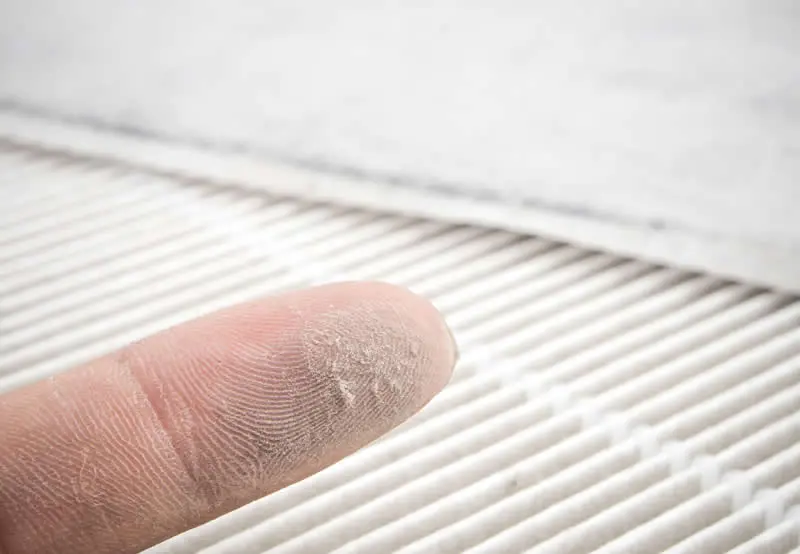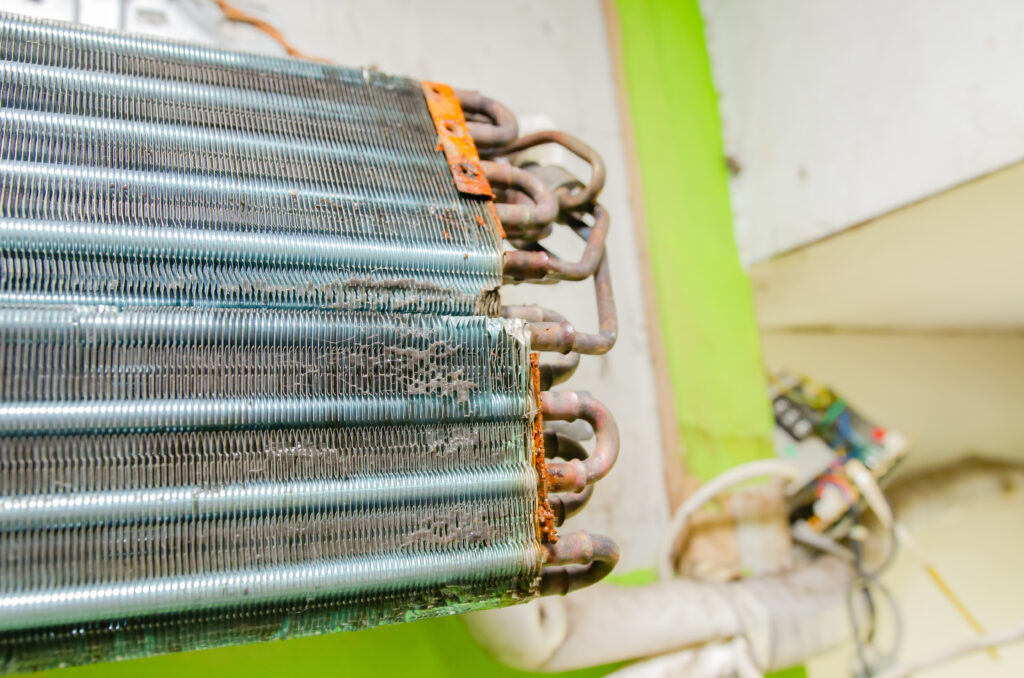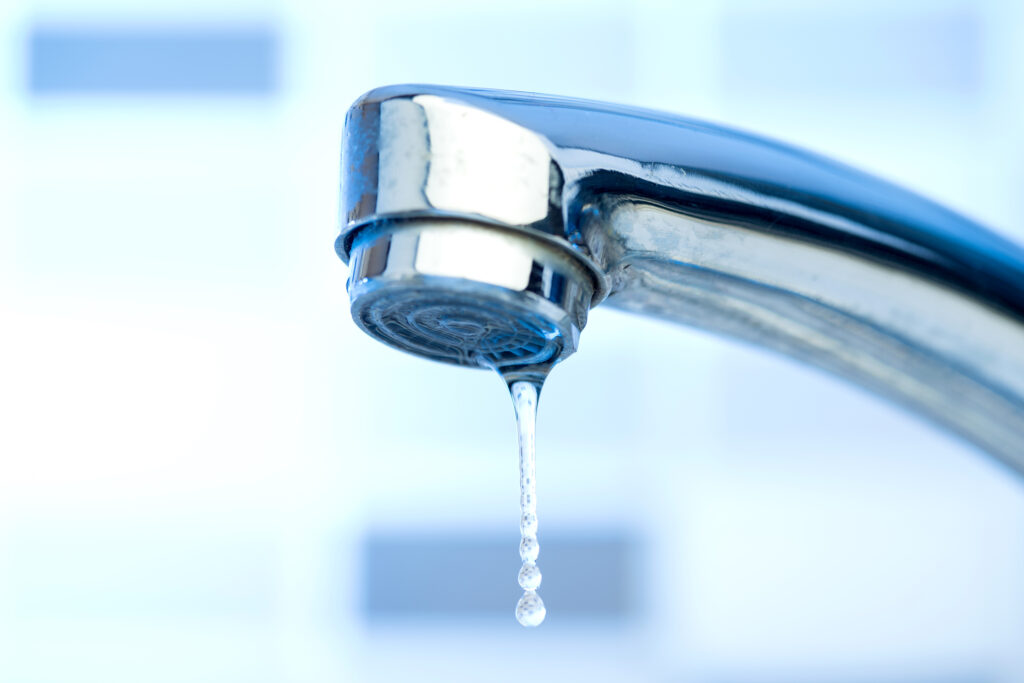
Awake or sleeping, home is the place where you spend the majority of your time. It only makes sense to ensure that the air indoors is safe and healthy to breathe. Unfortunately, it’s not something you can take for granted. Studies show that the air in the average American home is many times more polluted than the air outdoors. Read on to learn which pollutants are the most common and which ones pose the greatest danger to your health.
Size Matters
It’s not just the quantity of a given contaminant that impacts indoor air quality (IAQ). The size of the particulate is important too. Tiny particles, measured in microns, get inhaled deep into the areas of your lungs where oxygen enters the bloodstream. How small is a micron? To give you an example, the period at the end of this sentence is around 500 microns in size. Many air pollutants fall into this category, including smoke, viruses and dust mites. Microscopic contaminants also stay airborne longer than larger ones, making it more likely for your family to inhale them.
Biological Pollutants
From viruses and bacteria to pet dander and pollen, biological contaminants top the list of indoor pollutants. This group not only includes living things like dust mites but also the contaminants that they produce. Their pervasiveness makes them particularly problematic for people in Florida with health conditions like asthma and allergies. Biological contaminants thrive in hot and humid climates like Florida, making them ubiquitous throughout the Sunshine State. So-called community allergens like pet dander are so prevalent that you can’t escape them, even if you don’t have pets.
Chemical Contaminants
Common sources of indoor pollution include household products or furnishings that emit harmful chemical vapors into the air. The most dangerous types are those that contain volatile organic compounds (VOCs). Defined by their low boiling point, VOCs can evaporate into the air at room temperature even when not in use. Items with VOCs range from paints, sealants and varnishes to vinyl flooring and pressed-wood cabinetry. Volatile organic compounds that contain proven carcinogens such as formaldehyde or benzene are the most hazardous to human health.
Combustion Pollutants
Combustion sources that release gases or particles into the air can be a major cause of indoor air pollution. Without proper maintenance, fuel-burning appliances like gas furnaces, water heaters or stoves can present a real danger. Malfunctioning units can allow combustion byproducts, including deadly carbon monoxide, to backdraft into your living spaces. Poorly maintained HVAC systems also tend to waste energy and break down more often. Regularly scheduled maintenance from Del-Air improves performance, increases system efficiency and helps safeguard your family.
Simple Solutions for Indoor Pollution
Ensuring that your Florida home is clean and well-ventilated helps keep major air pollutants at bay. These simple tips can help everyone in your household breathe easier.
- Open the windows when you can to let in the fresh air indoors.
- Dust regularly to remove allergens like dust mites, pollen and pet dander.
- Use a vacuum with a HEPA filter to catch tiny particulates.
- Wash bedding weekly in 130-degree water to kill biological contaminants.
- Run the vent fans in your kitchen and bathrooms to address excess humidity.
Change Your Air Filter
Keeping the air filter in your HVAC system clean goes a long way towards reducing the number of airborne pollutants. A clogged or dirty filter pushes unfiltered air into your heating or cooling system, allowing contaminants to circulate through your home. Upgrading your filter helps too. Pleated filters perform significantly more efficiently than the flat-panel filters that come with most HVAC systems. At Del-Air, we offer a broad array of filters. Give us a call, and we’ll help you select the ideal product. We’ll deliver them too!
Since 1983, Del-Air has supplied homes with effective indoor air quality services. To learn more about our air filter delivery and other IAQ products, call us today.






